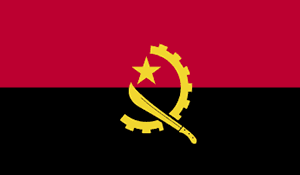
Angola: obligations, indices, notations de crédit
Nom du pays
Angola
Dette obligataire
22.055 millions USD



